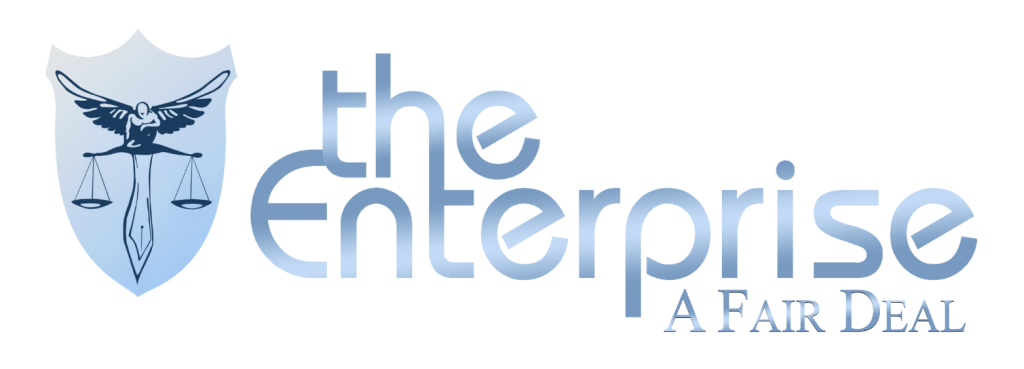
Brutal Reality
July 3, 2020
An Obligation or an Option?
July 3, 2020Internet Access: Denied

Imagine waking up on a sunny day. You’re excited for another session of online learning. You check your phone only to find that you lost your 5 Mbps Wifi connection. You call your Internet service provider or ISP and they said that you need to pay P1,299 to fill your data back up or pay an extra fee on top of that to increase your 100 GB data cap. Enraged, you go outside only to see your friend next door including his five brothers, streaming all at once in HD without buffering or lag. To add salt to the wound, they only pay P1,500 a month without a data cap!
This is the life of a lot of Filipinos who pay for Internet connection provided by the two largest ISP monopolies both competing to see which of them has the most people scammed. Although these two companies have done tons of philanthropic programs so far, this does not outweigh the fact that the Internet connection they provide does not match the price that they are asking for. This is a problem that they have to address to actually be good at their job especially when their clients are students living with more than 2 family members in one house.
For a student who is about to take an online learning class, it would cost at least 750MB to 1GB of data per hour depending on the resolution of the online meeting. The data cost is much lower if their professors created videos that are shorter than an hour. It doesn’t seem that much for someone who has a 100GB data cap per month, right? Well, multiply that data cost by the number of subjects you have, plus the YouTube and Tiktok videos your parents and siblings watch, plus the online meetings of your siblings, then multiply all that by 30 days. You get the grand total of “This is a Scam” per month. See the problem?
These data limits and caps are there to control the flow of data traffic across a whole network, but in most cases, they are there to make money. Want more data per month? Pay. Want faster Internet? Pay. In other countries, ISPs cap at 1TB or equivalent to 1,000GB per month, and even then clients are still demanding they take the caps off. Here in the Philippines, not only is it slow, but it’s also expensive for its speed and is capped at a ridiculous amount only a scammer would love. If this is not corporate greed, I don’t know what else is.
These companies also use ingenious ways of cost-cutting. One way is that they would use copper wires for your Internet cable or worse, tell you that it’s a Fibre Optic cable even if it’s not. Copper wires are way cheaper than Fiber Optics and have been used for ages in transmitting data since the invention of the telephone. If your Internet cable looks like an old telephone wire instead of a high-tech looking wire, you’re screwed. Imagine using an obsolete data transmitter to connect you to the Internet just so they could cut their costs. Not to mention that this is also one way of limiting your Internet speed as well.
To these companies’ credit, they actually took the risk of building an ISP company in the Philippines — an Archipelago with at least 7,000 islands full of volcanoes and large amounts of water between them. They also have to face the fear of their towers getting salvaged by local townspeople or resident radical thinkers even if this doesn’t happen regularly, not to mention all the taxes that need to be paid for building one. Although this is the reality an ISP has to face when starting up in the Philippines, this doesn’t mean that they should not do anything about it. There are other ISPs out there with the same problems but are doing fine, if not better.
It may seem as if the Philippines is trapped in a hole made by greedy and morbidly obese companies, but this is not the case. There are other ISPs available that provide more decent Internet speeds without any data cap or limit, as well as the government’s own effort to provide free and accessible Internet connection in certain places through the Department of Information and Communications Technology (DICT). It would be wise for these companies to change their ways so that everyone could enjoy the Internet or else, we change their ways ourselves by transferring to more reliable ISPs and leave them in the dust. In the end, it’s not what they can do to us that matters — it’s what we could do to them.
LAYOUT BY: Chester P. Cortez


